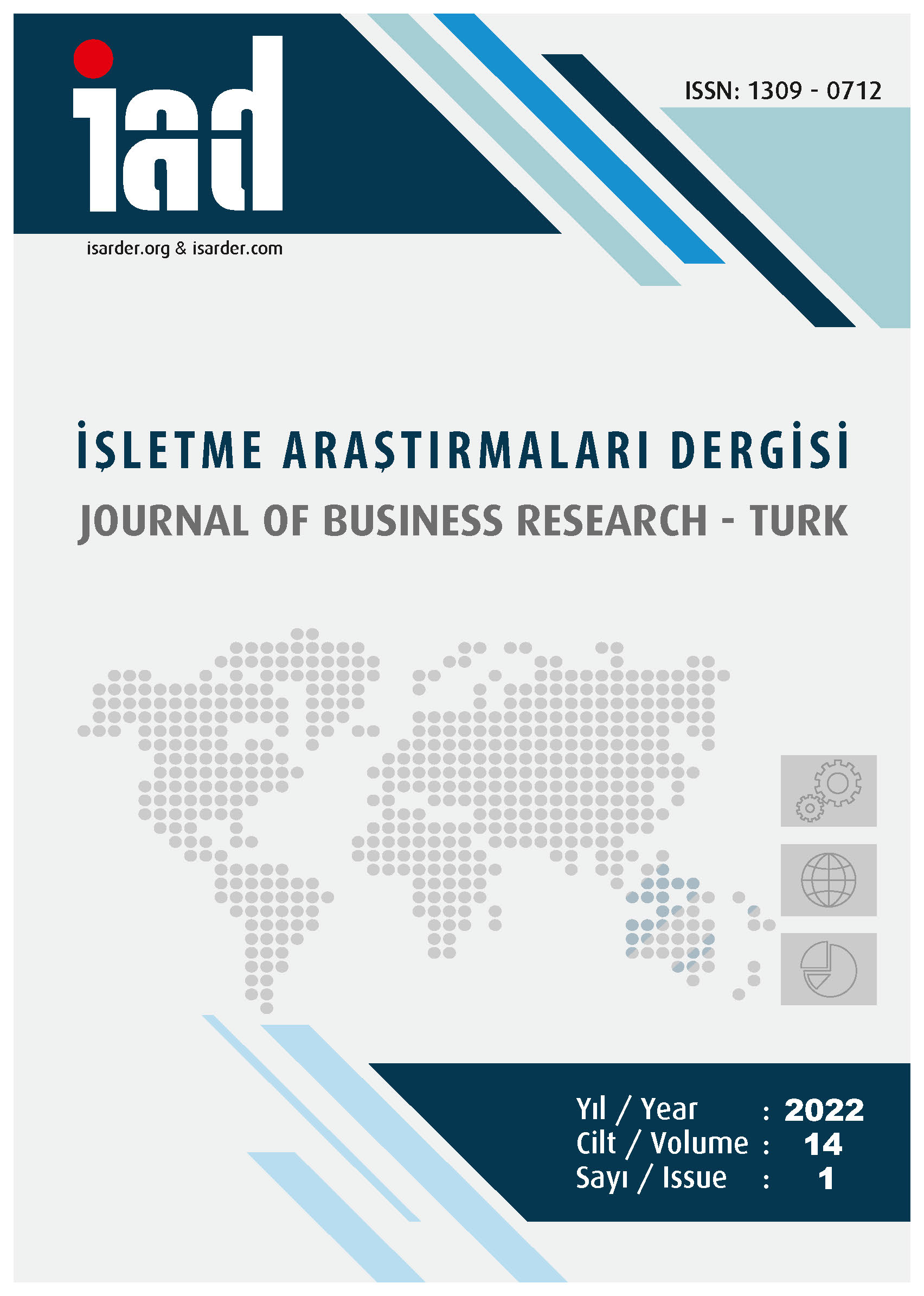The Mediating Role of Work-Family Conflict in the Relationship Between Work Overload and Burnout During Covid-19 Pandemic
DOI:
https://doi.org/10.20491/isarder.2022.1412Keywords:
Work overload, Work-family conflict, BurnoutAbstract
Purpose – The aim of this study is to reveal the effect of teachers’ perceptions of work overload on the feeling of burnout during the COVID-19 pandemic and the mediating role of work-family conflict in this effect. Design/methodology/approach – The data obtained via the questionnaire forms filled online or manually by 304 teachers working in Ankara have been analyzed. In the study, correlation and regression analyzes have performed to determine the relationships and effects between variables, and the structural equation model has been used to verify the scales of the variables. In addition, the mediation effect in the study was examined with the bootstrap test in the Process module. Findings – According to the findings of the study, teachers’ perception of work overload and the work-family conflict they experience significantly and positively affect both the general burnout level and the dimensions of emotional exhaustion and depersonalization. Finally, it was concluded that teachers who think that they have work overload both experience more work-family conflict and that work-family conflict has a competitive mediation effect in the relationship between work overload and burnout. Discussion – In the light of the research findings, suggestions have also been presented for the education sector administrators in order to successfully manage the variables in question that negatively affect the work processes of teachers.
Downloads
Published
How to Cite
Issue
Section
License

This work is licensed under a Creative Commons Attribution-NoDerivatives 4.0 International License.





